Dr. Ariel Pablos-Méndez, Assistant Administrator for Global Health at USAID discusses the importance of partnerships in achieving the major accomplishment of reaching one billion NTD treatments.
USAID's 1 Billion Campaign
00:03:20
Video Transcript
Dr. Ariel Pablos-Mendez: USAID is very happy to celebrate this year, reaching a milestone—a historical milestone—in the fight against NTDs. One billion treatments have been now delivered.
[Title Displays: One Billion NTD Treatments and Counting. USAID's Neglected Tropical Diseases Program]
Dr. Ariel Pablos-Mendez: NTDs—neglected tropical diseases—are a group of 10 parasitic diseases that afflict one billion people in the world. Eight hundred million of them are children—poor, rural, vulnerable kids, who may not always die from the diseases, but for whom, the diseases impair their lives, their education, their productivity.
Dr. Ariel Pablos-Mendez: USAID has played an important leadership role in driving this mobilization to integrate the approach against all of these diseases.
Dr. Ariel Pablos-Mendez: Challenges like neglected tropical diseases, NTDs, require partnerships. Everything we do is best done when you bring all of those who are involved, those who develop the drugs and can help us produce them and deliver them, the governments, agencies who can monitor the progress, the communities themselves. So, partnership has been the signature effort of this campaign against NTDs.
Dr. Ariel Pablos-Mendez: Part of the story of success of NTDs has been one of the most important public-private partnerships in the history of the agency. Working with several companies, as well as governments, we've been able to bring drugs all the way to those communities. Companies, from Merck to Glaxo to Pfizer and many others have donated nearly 7 billion dollars in drugs for this effort.
Dr. Ariel Pablos-Mendez: And of course, at the community level, participants have been key, from the communities [in which] we work and we serve, we draw from them community volunteers who then get trained to actually then provide the service to their own people.
Madam Mary Bacheyiri: In the community, some of them are not willing to take [the medicines], and I talk to them [and say] that, it's because of the flies that has given us this blindness. So, who will refuse to take the drug? It shows that you are rather, inviting a disease into the community.
Madam Lydia Keteku: We are most grateful to our donors. The drug is good. So, it's a drug that can be taken by everybody; that's helped us a lot. The eye problem that we were having has been very reduced to the barest minimum in our community.
Dr. Ariel Pablos-Mendez: This has been the backbone of the campaigns for mass drug administration that we are now celebrating with one billion such treatments around the world; and I want to recognize all of those workers throughout poor, rural areas, mountains, everywhere, because they are the ones that are delivering for the world an incredible historical success.
[Display: For more information, please visit http://www.neglecteddiseases.gov/]
[Display: This video was developed by FHI 360 for the US Agency for International Development under Cooperative Agreements No. AID-OOA-A-10-00050 and AID-OOA-A-10-00051. The opinions expressed herein are those of the authors and do not necessarily reflect the views of the U.S. Agency for International Development or the U.S. Government. ©2014 FHI 360. All rights, except those in favor the United States Government, are reserved.]
[Display: FHI 360 The Science of Improving Lives]
[Display: Video credit: Dr. Nana Kwadwo Biritwum, The Ghana NTD Programme Manager, Ghana Health Services; Dr. Joseph Brimah Koroma, Technical Advisor, END in Africa project -- Regional hub, FHI 360; Dr. John Kwesi Marfoh, Community Programs Manager, END in Africa project, FHI 360; Dr, Odame Asiedu, Programme Officer (Onchocerciasis), NTD Programme, Ghana Health Services; Deborah Kwablah, Communication Consultant, END in Africa project; RTI International]
كانون الاول 27, 2013
كانون الاول 20, 2013
كانون الاول 17, 2013







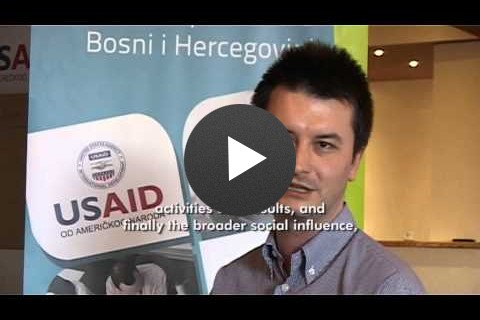
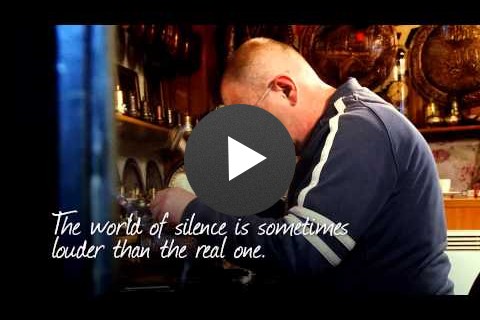
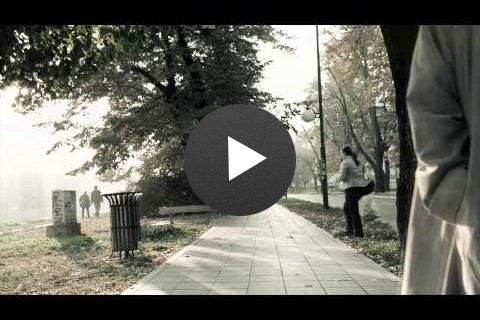
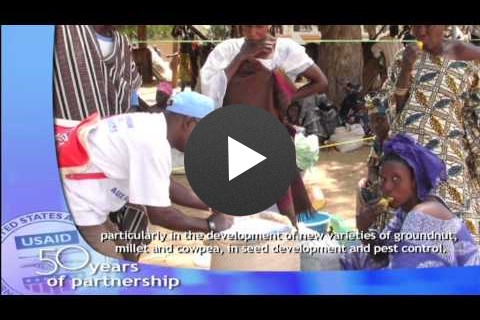
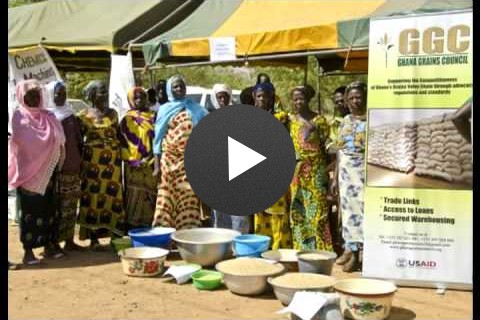
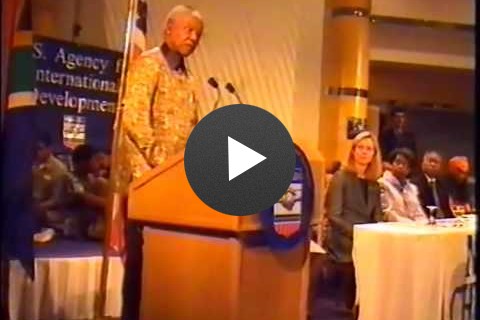
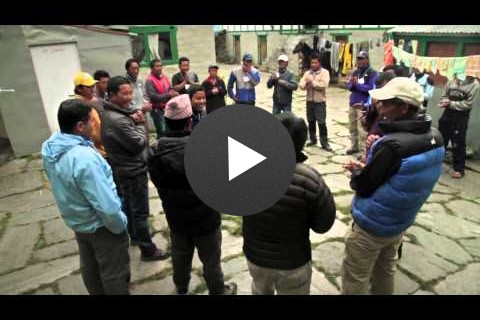
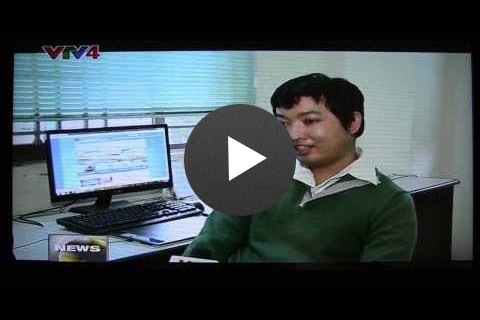
Comment
Make a general inquiry or suggest an improvement.